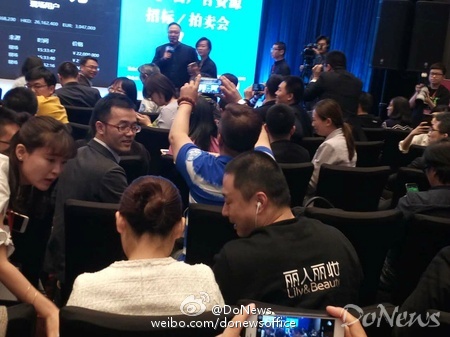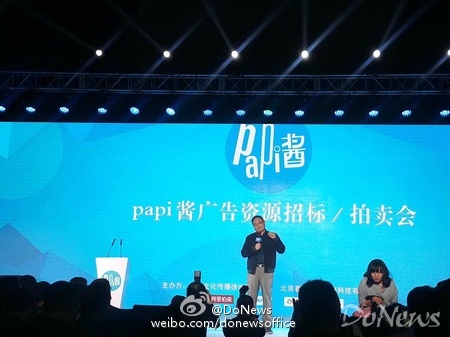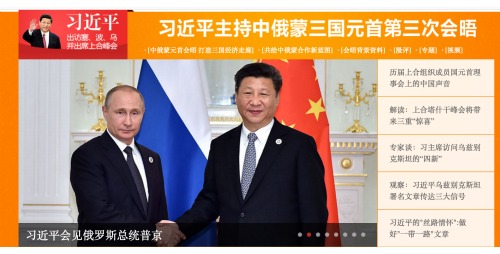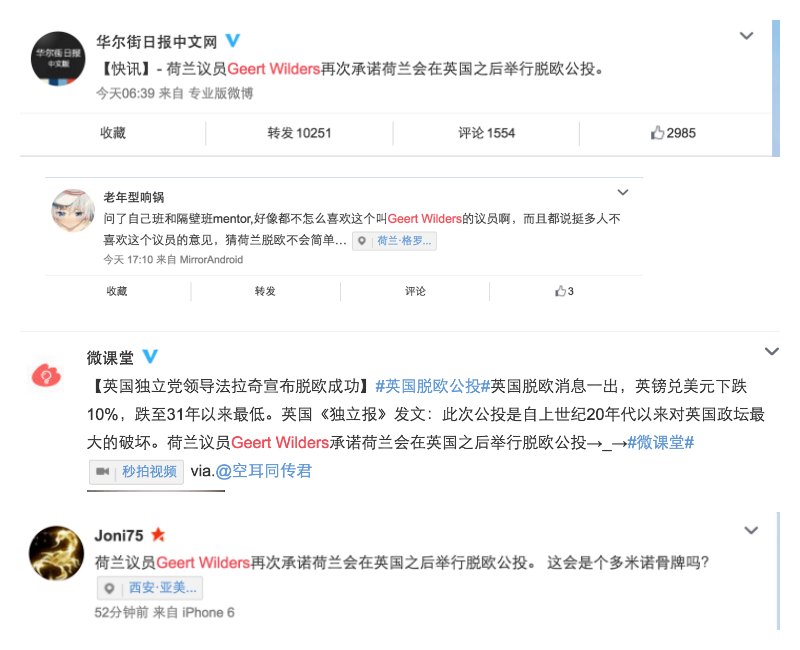Updates Chinese Time Zone UTC+8
17:00 Three hours before the show starts! What can we expect tonight? According to the directors, we can mostly expect song and dance tonight; about 80% of the show will be about music and dance. One of the Gala’s directors, Zou Wei, tells CCTV: “We’ve come up with some innovative approaches for the song and dance numbers. We’ll also be moving and changing the stage a lot. The audience will get a very refreshing take. Ninety percent of the song and dance programs are newly created; the remaining 10 percent are a salute to the gala’s past classics.”
About the Gala
The CCTV New Year’s Gala (中国中央电视台春节联欢晚会 or Chunwan 春晚) is an annual live television event that is broadcasted by state enterprise CCTV on the evening of Chinese New Year. It has been broadcasted since 1983, and is watched by over 700 million people. It is the most-watched variety shows in the world and is much anticipated every year – somewhat comparable to the Oscars or the Super Bowl. The Gala features different acts, including singing, dancing and comedy, in a time frame of around 4 hours.
It is a tradition for families to gather around the TV to watch the Gala before the New Year comes at midnight. It is also somewhat of a tradition to comment on the show and complain about it; criticism on the Gala is actually so commonplace that the sentence “there’ll never be a ‘worst’, just ‘worse than last year‘ (央视春晚,没有最烂,只有更烂) has become a popular saying over the years (Wang 2015, 192).
The 2016 Edition
This is the 34th edition of Chunwan (February 7th, 2016). This year the show lasts a total of 4 hours and 18 minutes, starting on 20.00 and ending 00.18.
This year’s show, like last year’s, has its own mascot. As this will be the Year of the Monkey, it is a colorful monkey named Kang Kang. The mascot was revealed on CCTV’s Weibo account on the evening of January 21st. The mascot was ridiculed by netizens, who thought it was ugly. The 3D design (image below, on the right) was different from the original sketch (left). According to the majority of Weibo’s netizens, the designers of the 3D version had mistaken Kang Kang’s paws for balls, resulting in a Kangkang with ‘tumors on his ears’.
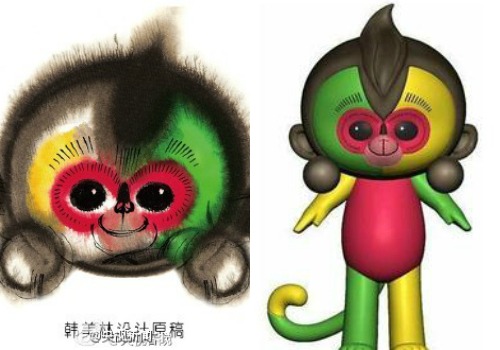
The current version of Kang Kang as pictured below has been adjusted; he no longer has ‘tumors’ growing from his head.

This year, the Chunwan is promoted with an animated clip and a rap song. Check out the promotion song below. (Warning: once you’ve listened to this tune, it will play on and on in your head...)
Social Media
Chunwan is a hot topic on Sina Weibo and WeChat, as millions of people are watching and share their comments on the show through social media. The Gala’s official Weibo account has over 7,5 million followers. Sina Entertainment (17+ million followers) also writes about the show through their official Weibo account.
One important new feature of the show that links it to social media platforms is the exchange of hongbao, red envelopes with money, which is a Chinese New Year’s tradition (also read our article about Lucky Money). During the show, viewers are able to receive virtual hongbao by shaking their smartphones. This new cooperation between the CCTV Gala and the WeChat app first started in 2015. Last year, when the game was announced during the live broadcast, WeChat users shook their phones 11 billion times. The value of these monetary gifts was around 500 million RMB (76 million US dollar).
The hongbao game attracts more people to watch the show, which is often considered boring or old-fashioned by younger generations. This year the game will start again, increasing the Gala’s viewer ratings. One Weibo netizen comments: “Actually, there are many people who want to watch the Gala now. The reason is simple: it’s not for the show but for the red envelopes.”
The Live Show
Although the Gala is a live broadcast from CCTV’s No.1 Studio, every year’s show has a taped version of the full dress rehearsal. As described by Scocca (2011), the tape runs together with the live broadcast, so that in the event of a problem or disruption, the producers can seamlessly switch to the taped version without TV audiences noticing anything.
According to the CCTV, the committee members of the Politburo of the Communist Party of China already attended the full dress rehearsal on Friday night.
Please check out this blog on Sunday, February 7th, from 19.00 China Standard Time (CST) +0800 UTC (12.00 CET) for more information about the show and its programme.
– By Manya Koetse
Follow @WhatsOnWeibo
References
Wang Ge. 2015. “Popular Spring Festival Gala language: Sociocultural Observations.” In Linda Tsung and Wei Wang, Contemporary Chinese Discourse and Social Practice in China, 185-200. Amsterdam/Philadelpia: John Benjamins Publishing Company.
Scocca, Tom. 2011. Beijing Welcomes You: Unveiling the Capital City of the Future. New York: Riverhead Books.
Featured image from ZZM3.com: http://www.zzm3.com/gear/rs/457.html
©2016 Whatsonweibo. All rights reserved. Do not reproduce our content without permission – you can contact us at info@whatsonweibo.com.
The post CCTV’s New Year’s Gala 2016 Liveblog appeared first on What's on Weibo.

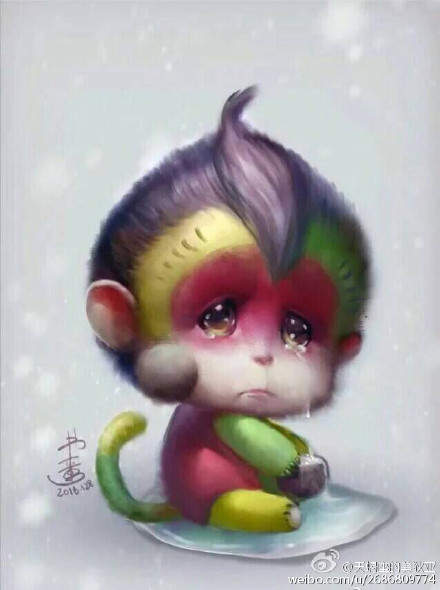




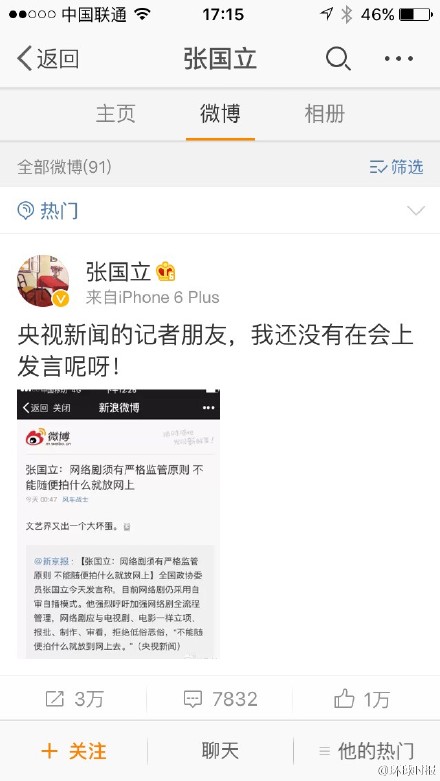
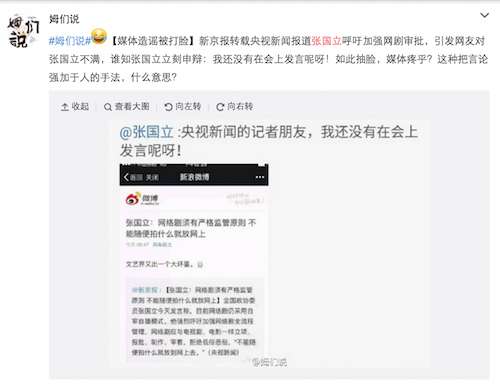
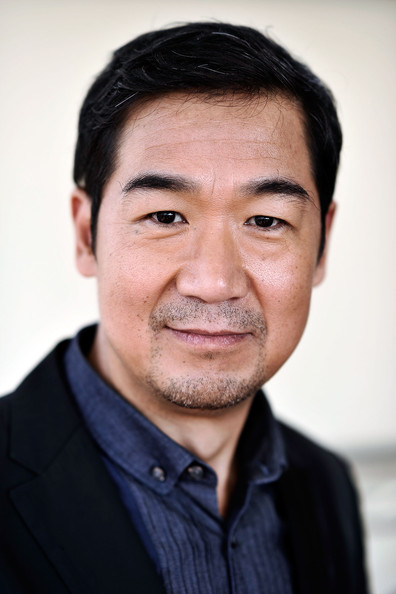 Zhang Guoli, picture via
Zhang Guoli, picture via 
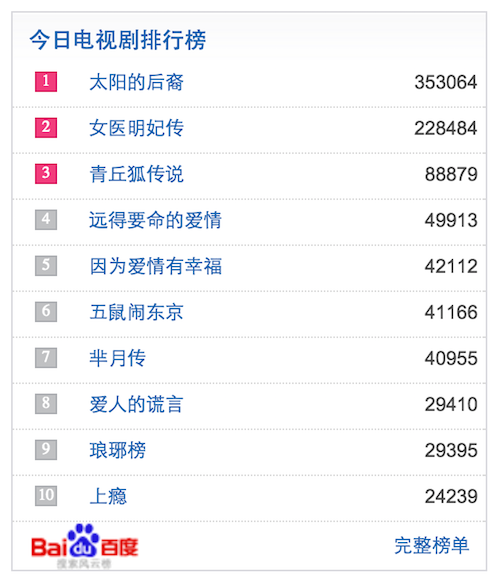


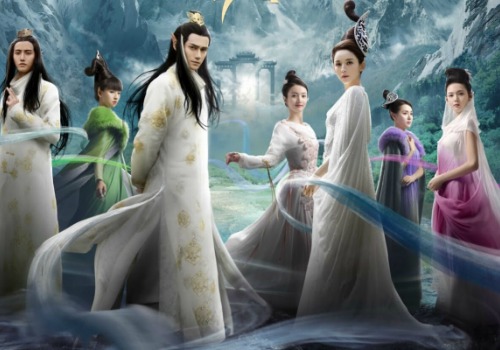


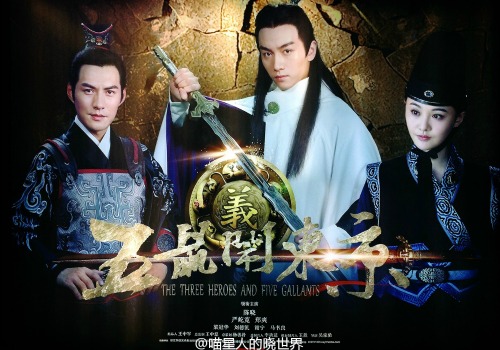
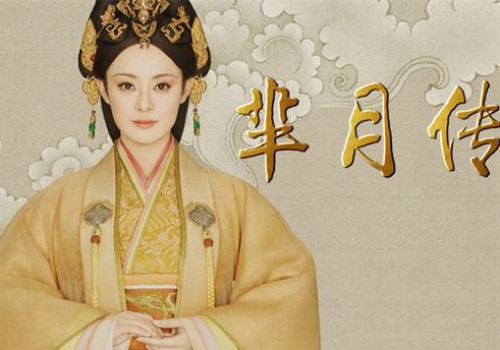

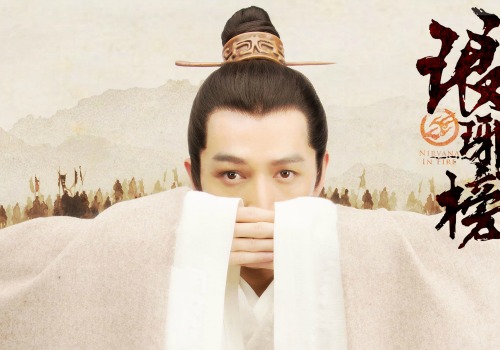







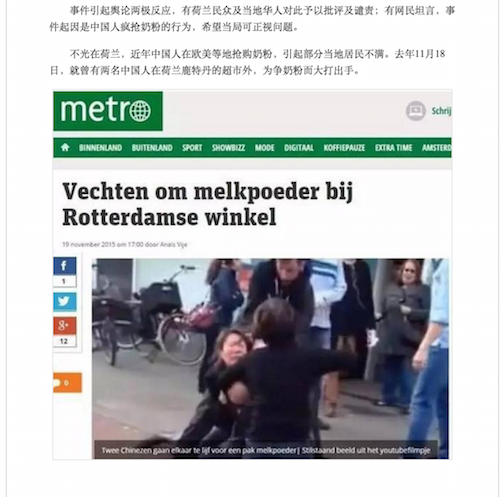
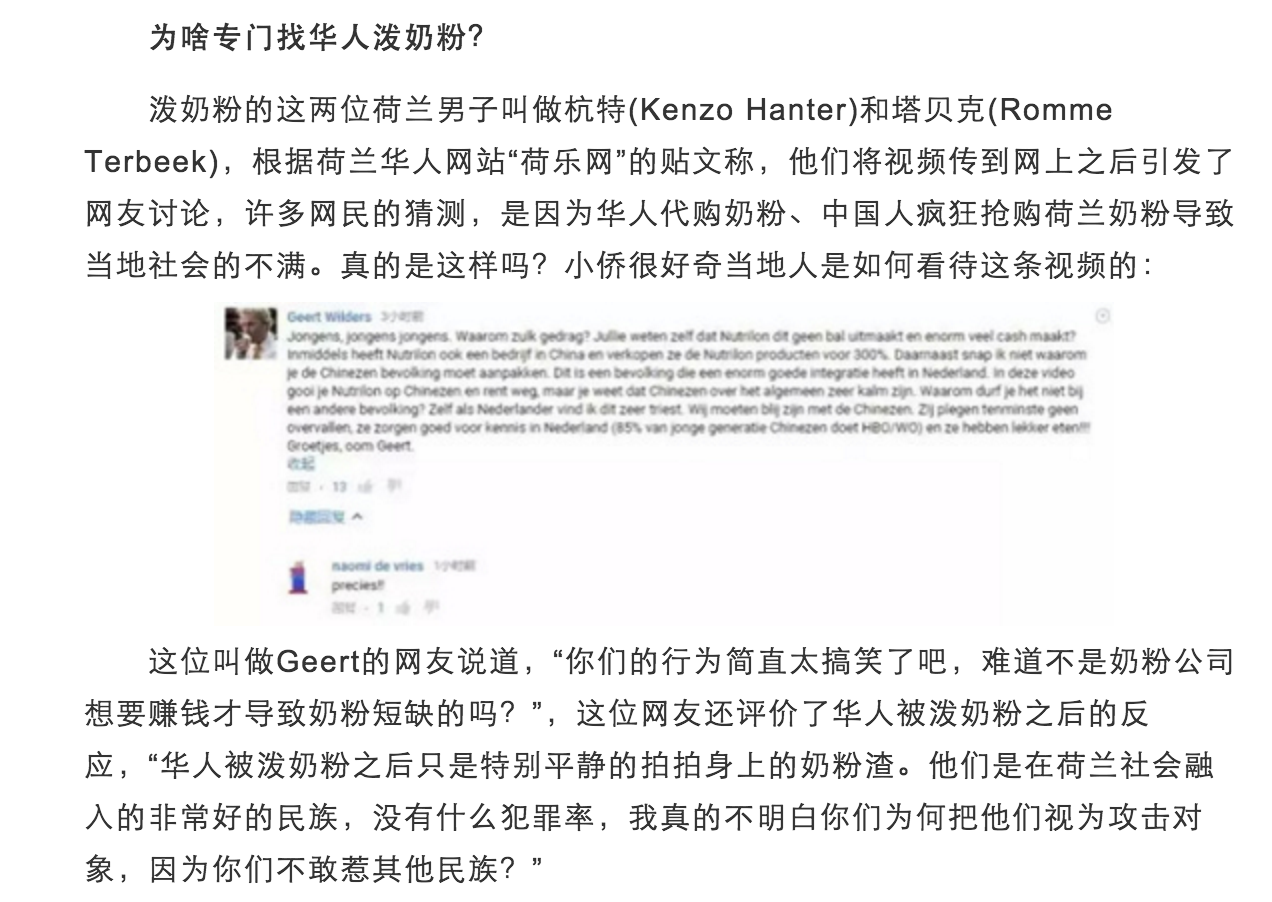





 The Empress of China: scene before and after State Administration processing.
The Empress of China: scene before and after State Administration processing. Screenshot of Papi Chan’s Weibo page, that has over 8 million fans.
Screenshot of Papi Chan’s Weibo page, that has over 8 million fans. Papichan talks in one of her many online Weibo videos.
Papichan talks in one of her many online Weibo videos.
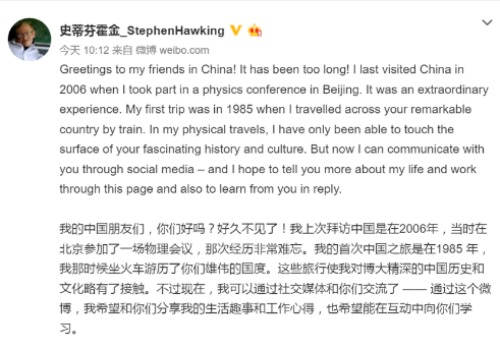
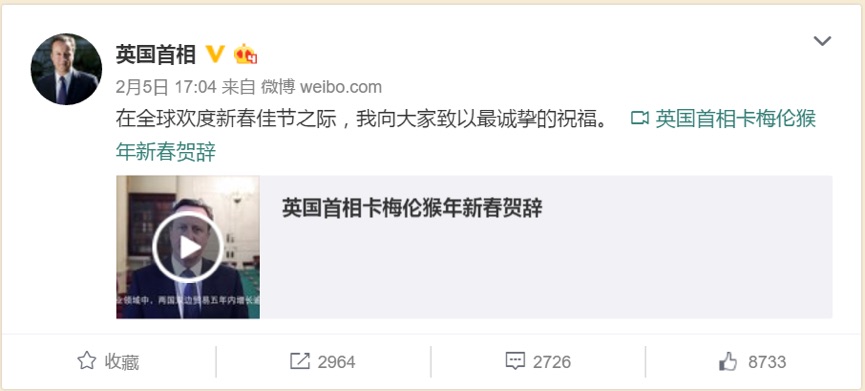 David Cameron wishing his followers a Happy Chinese New Year on Sina Weibo.
David Cameron wishing his followers a Happy Chinese New Year on Sina Weibo.
